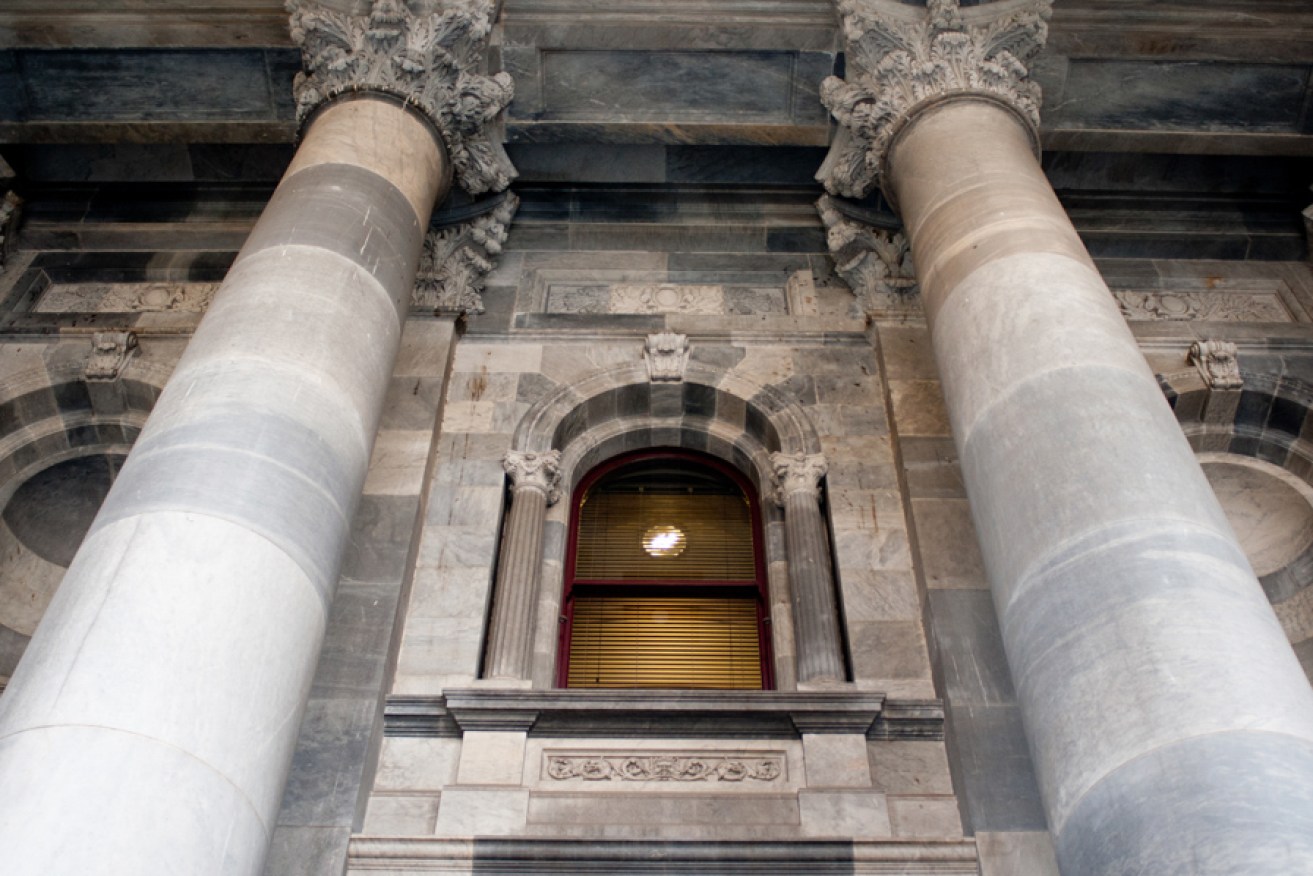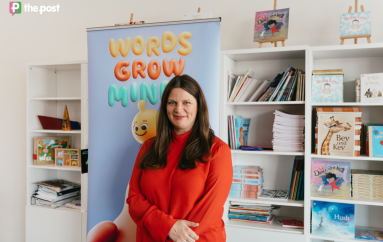SA was once a democratic vanguard and can be so again
South Australia once led the nation and much of the world in democratic and social reform, but that mantle has slipped. In the second of a series of articles on improving democracy, Alan Reid argues that properly acknowledging the state’s past is a necessary first step.

There are at least three important reasons why South Australia can become an innovation hub for democracy, showcasing to the world how democracy remains the best hope for dealing with some of the intractable problems facing humanity.
First, despite their faults, our democratic institutions and processes are sturdy enough to withstand critical scrutiny and robust enough to encourage trials of new approaches. South Australia is the ideal size to trial some alternative strategies – not so big as to make experimentation difficult, nor so small as to make its findings irrelevant to larger polities. If strategies work here, they could be worth considering in other contexts.
Second, a project of democratic renewal would reconnect the State to its rich democratic tradition. When South Australia achieved responsible government in 1857, it was considered to be at the forefront of democratic practice in the world. Its democratic features included universal suffrage for all men over the age of 21 years, triennial parliaments, secret ballot, one vote one value, an independent body to supervise elections, and a healthy public space in which (mainly male) citizens could discuss issues and assess the performance of their representatives.
At the time, all of these features were well in advance of most other places in the world. Of course, the new system was a product of its time, and from today’s vantage point many aspects of it can be seen as unjust and undemocratic. However, the spirit of democratic innovation continued over the next fifty years by widening the scope of who was included in democratic life.
Thus, in 1894 South Australia was the first place in the world to extend to women the right to both vote and to stand for Parliament. It was also a leader in strengthening the political rights of working-class people. Thus South Australia was the first colony to legalise trade unions (1876) and to elect endorsed Labor candidates (1891).
During the twentieth century, South Australia’s democratic lustre slowly faded, and it lost its reputation as a leading model of democratic practice. Indeed, in some respects it fell behind other Australian States. For example, until the 1970s, South Australia had one of the most malapportioned electoral systems in Australia; it was the last State to elect a woman to its Parliament (1959); property qualifications for voting in the Legislative Council were not removed until the 1970s; and it is the only State or Territory never to have had a female Premier.
In other words, South Australia’s reputation for democratic innovation has faded. A project which involves renewing democracy would help to return South Australia to the position of being in the vanguard of democracy.
But there is a third reason why South Australia is well-placed to become a show-case for democracy – a reason which takes us right to the heart of democracy itself. As a community, we must face up to an issue that has scarred Australian democracy for more than two hundred years: the fact that it was built on the dispossession of land and destruction of the cultures of its First Peoples.
Until this fundamental injustice is publicly recognised and addressed, talk of democratic renewal is empty rhetoric. It would be no more than a reaffirmation of the injustices that occurred at the time of European occupation and have continued ever since.
South Australia has recently taken a significant step in addressing this issue by establishing a Voice to State Parliament. It creates the possibility for genuine democratic renewal, for a number of important reasons.
Democratic renewal and the Voice to State Parliament
It is now well accepted that when South Australia was colonised as a ‘free’ British province in 1836, it was nothing more or less than an invasion of a land that had been occupied for over 60,000 years.
The apparently well-meaning intentions expressed in official instructions and the establishment of a position of ‘Protector of Aborigines’, cannot mask the fact that the colony was founded on the assumption that there was no prior ownership of the land. After all, under the Wakefield scheme of ‘systematic colonisation’, land in the new colony was sold sight-unseen to potential settlers and investors.
Of course, as land was taken up and settlement slowly expanded, First Peoples resisted in a range of ways. But in the face of the diseases and the weaponry brought by the European settlers, the original inhabitants lost their land and their way of life. The consequences for First Peoples were seen, by white colonists, as collateral damage in the face of progress.
In 1857, just 21 years after European settlement, South Australia was granted responsible government by Great Britain. As mentioned earlier, in the context of the times the new Constitution and the associated electoral laws were widely seen as being the most progressive in the world. But of course, those ‘progressive’ elements related to the democratic machinery that was designed for the colony, not the foundational principles upon which it was constructed.
If one of the foundational principles of democracy is justice, the fact is that as with the other colonies in Australia, the democratic edifice in South Australia was built upon a fundamental injustice: the expropriation of land, and the discrimination against, and neglect of, the original inhabitants. Since the time of European settlement in 1836 this injustice has never been addressed or redressed adequately.
It raises the question as to whether it is possible for a political system to be called truly democratic when it carries such a legacy. In other words, renewing democracy must not just involve oiling or replacing some parts of the machinery of democracy, but rather must first attend to the foundational values upon which it is based.
South Australia has taken the lead in addressing this fundamental question by being the first State to establish a Voice to its Parliament. The special Parliamentary sitting on Sunday March 26, 2023, followed by the public ceremony on the steps of Parliament House, were heavy with symbolism.

The crowd outside state parliament after the Indigenous voice to parliament legislation was passed on March 26. Photo: AAP/Matt Turner
It involved the Governor in a special meeting of Executive Council assenting to the Bill and being witnessed by a contingent of First Peoples. And it took place against the backdrop of the institution which had not only been imposed on their forebears nearly two hundred years ago, but has in different ways marginalised them ever since.
The First Nations Voice Act involves a recognition by the settler state of the injustice that was done to the original inhabitants at the time of European settlement in 1836 and has continued, in different ways ever since.
It also represents a generous offer by First Peoples to use a mechanism to provide advice to Parliament about matters that affect their lives.
Both these outcomes are important in their own right. But a project of democratic renewal presents a further possibility. Now that the Voice to State Parliament has been established, what better opportunity could there be than for the Voice to be used as a key ingredient in a community conversation about how our democratic machinery and its processes can be refreshed?
For the three reasons outlined above, South Australia is well-placed to take the lead in a project to renew democracy. Next week’s article will argue that such a project offers a rare opportunity to shape our democracy for the 21st century in a way which both reflects and builds on what Noel Pearson calls Australia’s three great stories: The Ancient Indigenous Heritage which is Australia’s foundation, the British institutions built upon it, and the adorning Gift of Multicultural Migration.
Alan Reid is Professor Emeritus, Centre for Research in Educational and Social Inclusion, University of South Australia.




